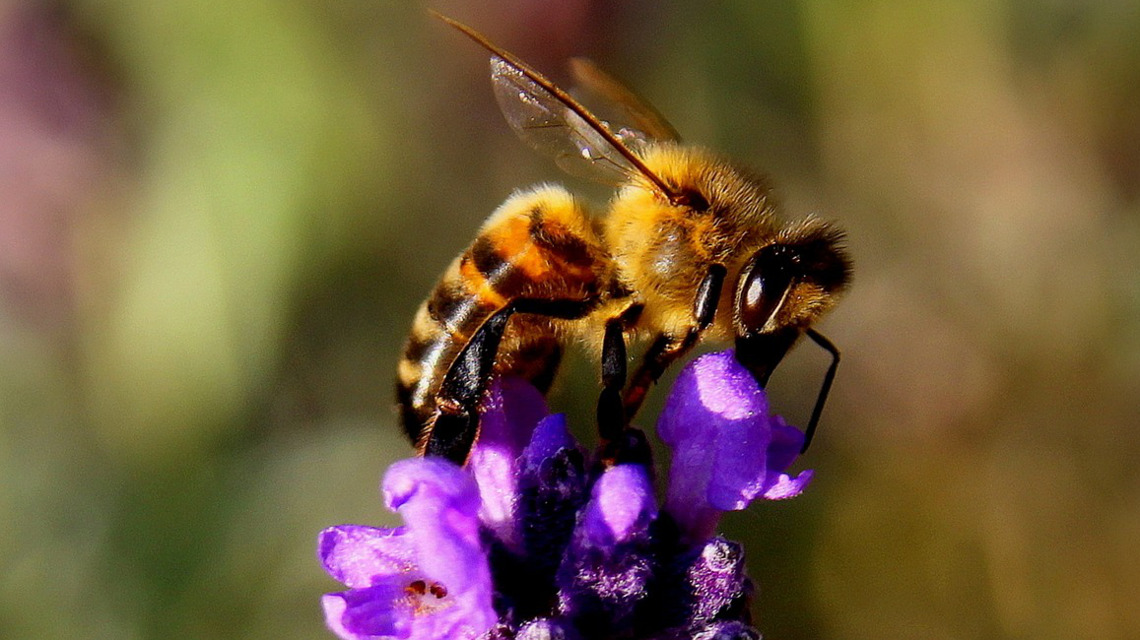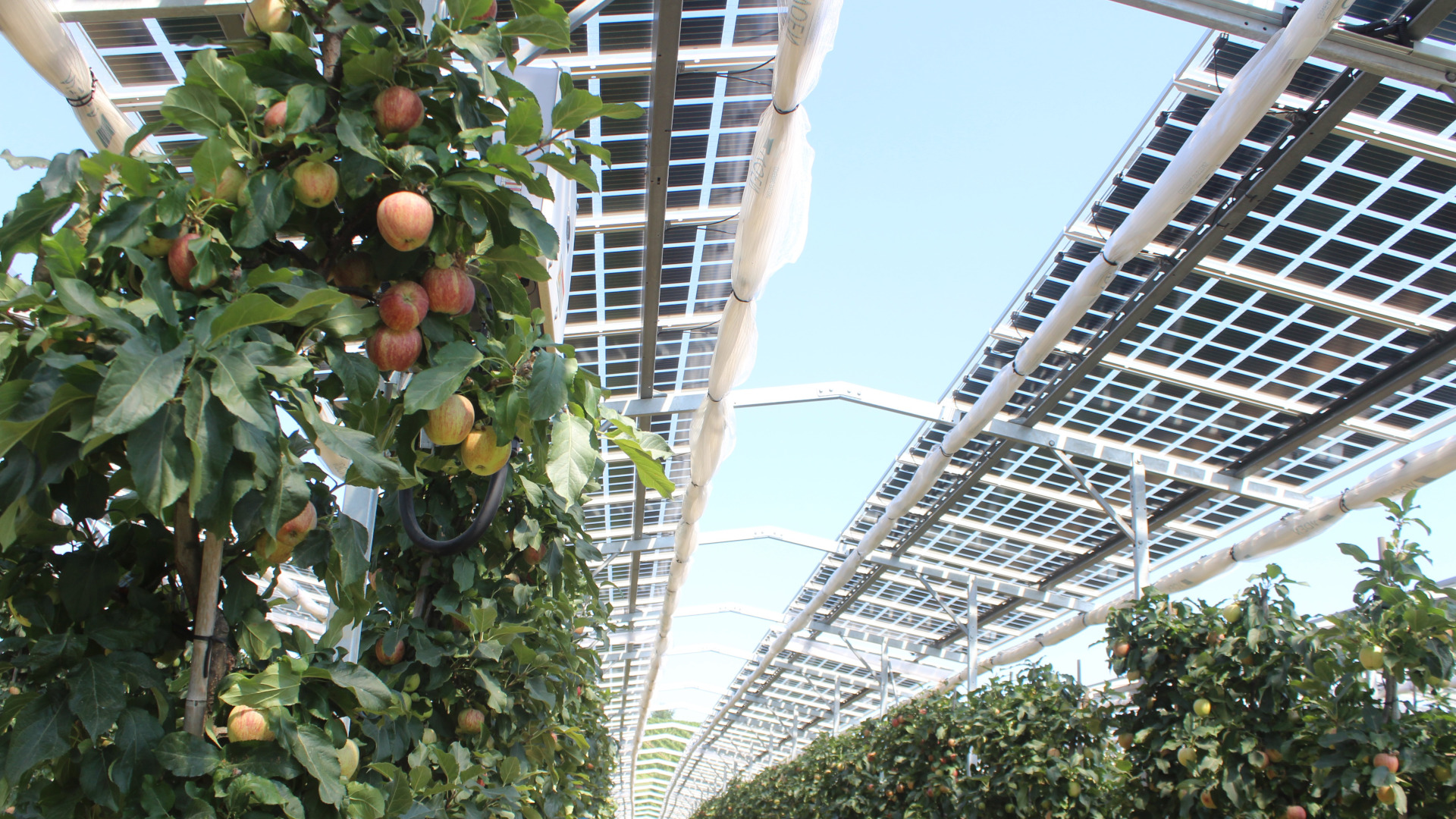Neonics hurt honeybees and wild bees
Pesticides such as neonicotinoids damage bee health and survival. This is only one result of three remarkable field trial studies.

20% of bee colonies in Germany did not survive the winter – a high toll: the average loss per winter is about 10%. Since the turn of the millennia there have been several waves of widespread bee death with detrimental consequences for the agricultural industry. However, the reasons behind these disappearances are not entirely resolved yet. Nonetheless, it seems very likely that global climate change, as well as the use of pesticides, especially neonicotinoids, play an important role regarding these disappearances.
When bees and flowering don’t match
Due to global warming the timing of bees re-awakening in the spring and the first flowers oftentimes don’t match up anymore. If the bees are awakening too early, they won’t find enough pollen and possibly starve. This does not only affect the starving bees themselves, but also their offspring. Ecologists at the University Würzburg could show that even a miss-match of three to six days can negatively affect the chances of survival for the bees. The researcher published their results in the journal „Journal of Animal Ecology“.
Neonicotinoids disorient bees
Two major studies investigating the effects of pesticides, in particular of neonicotinoids, on bees and the environment, have just been published in the journal Science. Neonicotinoids (neonics) are neurotoxins. Lab-based studies have suggested that neonics can harm bees seriously. They might not be lethal but bees become disoriented and hardly find their way back to the hive. Isolated from their hive, however, chances for survival are slim for them. Moreover, the worker bees within the hive rely on the input of pollen. Without it the supply-stock is depleting and the survival of the entire hive is endangered.
Spill-over from corn fields
One of the recent Science studies investigated the implications of neonicotinoids use for bees living in the neighbourhood of Canadian cornfields. Although corn gets pollinated through the air, traces of the water soluble pesticides could spill over from fields into the surrounding environment and came into contact with wild flowers. Indeed, the Canadian researchers were able to show that even the use of neonicotinoids for plants pollinated by air, negatively affect bee populations living close by and increases their mortality rate.
Location-dependent consequences
The second study published in Science was a collaboration that took place at 33 large farmland sites spread across the UK, Germany and Hungary. The researchers involved investigated to what extent neonicotinoid-treated canola affects bee colonies in their countries.The £2,8 million cost of the research was met by agrochemicals giants Syngenta and Bayer, the companies that sell the two neonics tested. The companies were not involved in the design and the reporting of the study.
Their results show that the use of this pesticide negatively affects the survival of bees in the UK and Hungary, and reduces their colony size up to a quarter in the following year. Suprisingly, they reported no such effect for the bees in Germany.
However, peers of the scientists not involved in the study are criticising the make-up and planning of the study. They claim the conditions between the countries are not comparable. For instance, the blooming plants close to the canola fields were very different but are important for possible compensatory mechanisms. Moreover, the health of the bees at the beginning of the studies was not controlled for, according to the peers. Therefore other scientists claim the results are not convincing enough to draw final conclusions about the side effects of neonicotinoids.
Although the adverse effects of these pesticides have been discussed among scientists, farmers and politicians for quite some time, there is currently no comprehensive ban regarding the use of neonicotinoids. Since 2013 the European court of justice has ruled that three neonicotinoids deemed particularly dangerous can only be used in very restricted settings. By the end of 2017 the European Food Safety Authority (EFSA) is scheduled to assess the use of pesticides anew. For that decision they will also draw on the results of these recent publications.
jmr/pg


